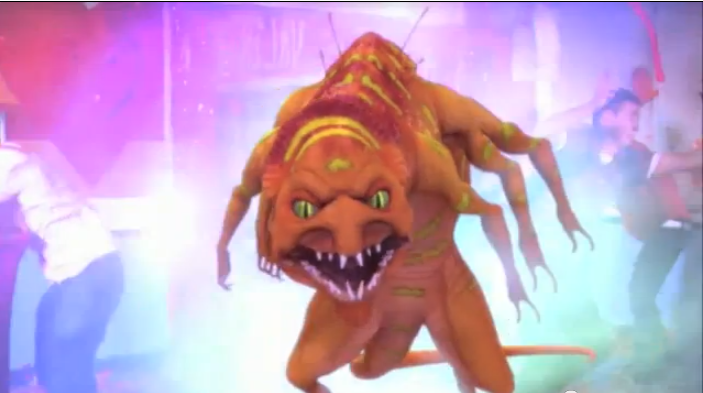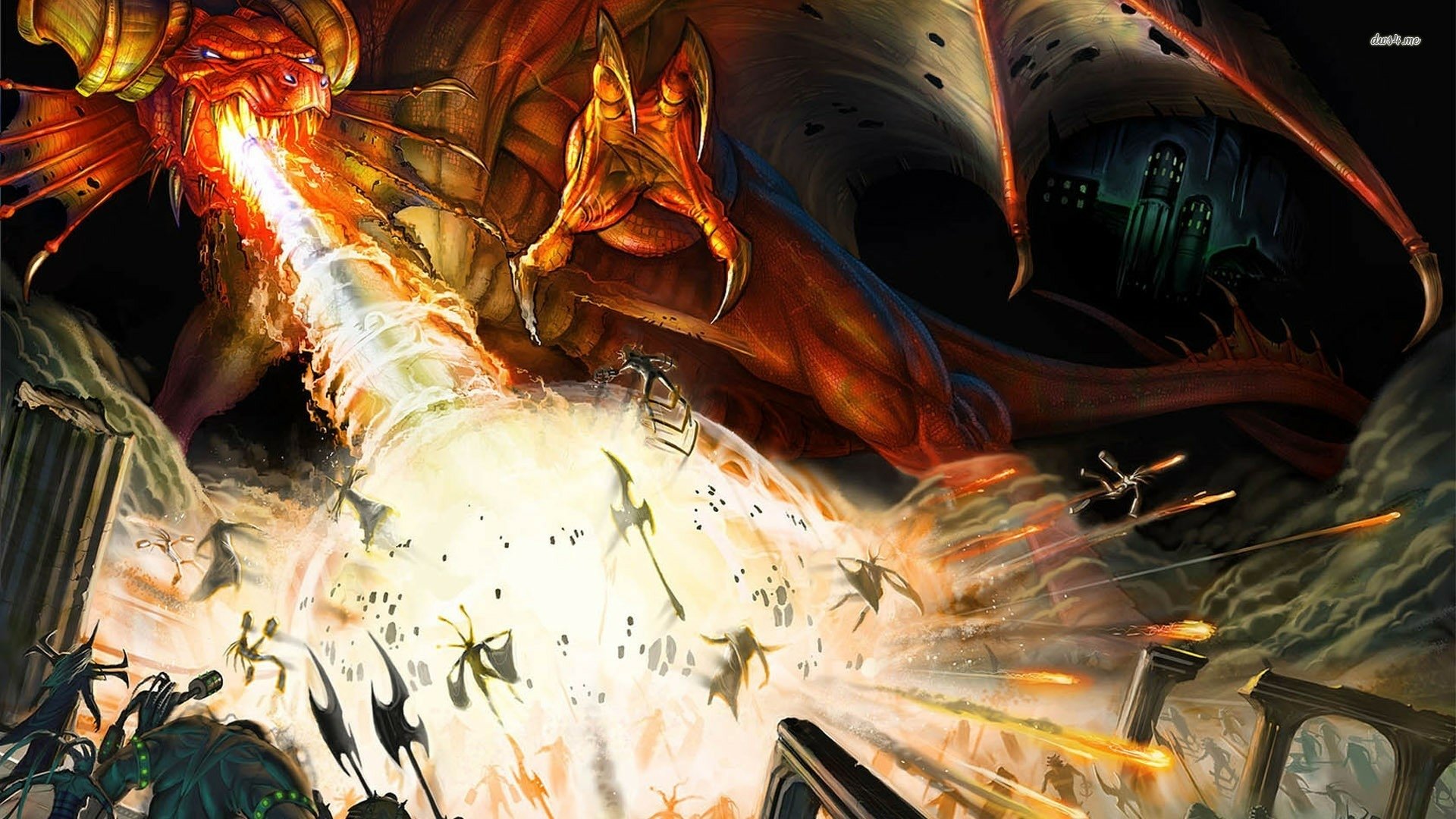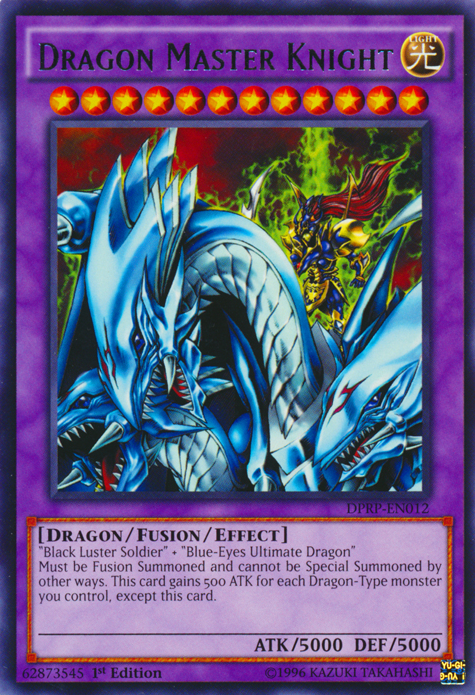

He in the house espied there many a man asleep, a throng of kinsmen side by side, and band of youthful knights. In angry mood he went, and from his eyes stood forth most like to flame unholy light.

He wrenched then wide, baleful with raging heart, the gaping entrance of the house then swift on the bright-patterned floor the demon paced. The door at once sprang back, barred with forgéd iron, when claws he laid on it. Others, many others, are portraits of dark or light, such as the description of dinnertime at Hearot, the King of Denmark’s mead hall: Then, suddenly, the men see the cliffs of their homeland and, mirroring their eagerness, the boat lands in five short words. Yet the boat fairly flies, gathering a necklace of sea foam.
Master of monsters translation plus#
The boat must have been enormous-it carries Beowulf and what seems to have been at least a dozen knights, plus their horses, their battle gear, and heaps of treasure. A traveller upon the sea she fared, fleeting on with foam about her throat over the waves, over the ocean-streams with wreathéd prow, until they might espy the Geatish cliffs and headlands that they knew. Nought did the wind upon the waves keep her from her course as she rode the billows. Then upon the mast was the raiment of the sea, the sail, with rope made fast. Here are Beowulf and his men, after a journey, sailing back to Geatland (this and all uncredited translations are by Tolkien):įorth sped the bark troubling the deep waters and forsook the land of the Danes. This unself-consciousness gives that world a sparkling vividness. Unlike Anna Karenina or Huckleberry Finn, he is not a filter, a point of view, standing between us and his world. Partly for that reason-because he has no one to behave toward in an intimate way-he has no real psychology. He is alone in the world he was an orphan, and he never acquires a wife or children.

Each of his hands has a grip equal to that of thirty men. He is peerlessly noble, brave, and strong. Beowulf is a prince of the Geats, a tribe living in what is now southern Sweden. Some scholars put it later.) The plot is simple and exalted. “Beowulf” was most likely written in Britain-by whom, we don’t know-in around the eighth century. Now, forty years after his death, his son Christopher has brought it out (Houghton Mifflin Harcourt). Then he put it in a drawer and never published it. He finished the translation in 1926, at the age of thirty-four. Anyone could have told him that he should translate “Beowulf.” How this would have advanced his reputation! Finally, he sat down and did it. He needed money-by now he had a wife and children-and he supplemented his income by marking examination papers. Some of the students thought “Hwæt!” meant “Quiet!”) He also loved stories, especially medieval ones, with lots of wayfaring and dragon-slaying-activities prominent in his books “The Hobbit” and “The Lord of the Rings.” In 1920, he began teaching Old English at the University of Leeds. (He did the same, later, as a professor, at the beginning of Old English classes. He loved “Beowulf” and would declaim passages of it to the private literary club that he had founded with his schoolmates. He had learned Old English and started reading the poem at an early age. In the nineteen-twenties, there were probably few people better qualified to translate “Beowulf” than J. R. R. Tolkien finished his translation of the poem in 1926, at the age of thirty-four.


 0 kommentar(er)
0 kommentar(er)
